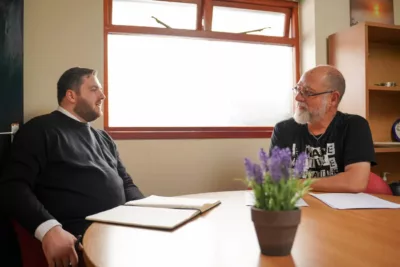
Disclosure Changes
The most noticeable change will be the structure of background checks. From 1st April 2025, anyone undergoing a background check will experience a new, streamlined system.
We use cookies to help you navigate efficiently and perform certain functions. You will find detailed information about all cookies under each consent category below.
The cookies that are categorized as "Necessary" are stored on your browser as they are essential for enabling the basic functionalities of the site. ...
Necessary cookies are required to enable the basic features of this site, such as providing secure log-in or adjusting your consent preferences. These cookies do not store any personally identifiable data.
Functional cookies help perform certain functionalities like sharing the content of the website on social media platforms, collecting feedback, and other third-party features.
Analytical cookies are used to understand how visitors interact with the website. These cookies help provide information on metrics such as the number of visitors, bounce rate, traffic source, etc.
Performance cookies are used to understand and analyze the key performance indexes of the website which helps in delivering a better user experience for the visitors.
Advertisement cookies are used to provide visitors with customized advertisements based on the pages you visited previously and to analyze the effectiveness of the ad campaigns.
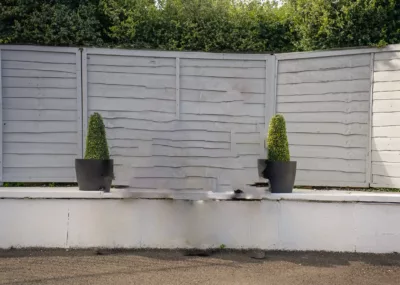
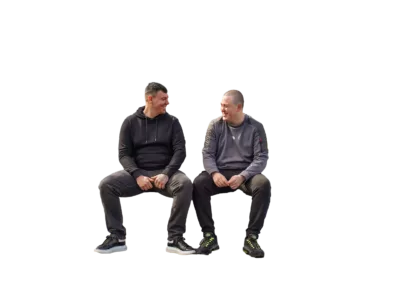
A Future Beyond Your Past
Apex Scotland and the University of Dundee are thrilled to launch our new resource to support a holistic approach to trauma-informed practice. Designed to build trust and foster self-reflection, the cards can be used for session planning, interactive games, and to help identify progress, encouraging individuals to explore their strengths and future goals.
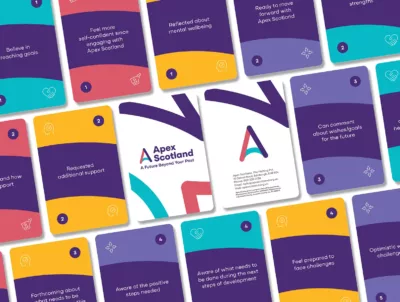
Everything we do helps and supports people with experience of the justice system to build new lives.
By treating everyone as an individual, we create a feeling of dignity, understanding, mutual respect and, most importantly, hope for the future.
Our free and completely confidential services foster trust and provide people with a platform from which they can flourish. That could be through volunteering, getting their own place, finding employment, support with addictions and more.
Every journey is one we’re proud to take together.
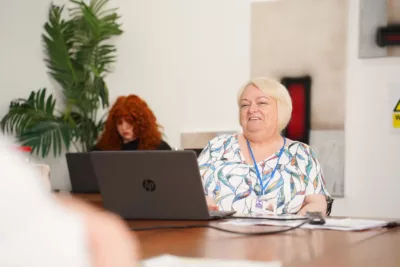
While much of our work is done in person, we’ve put together free helpful online resources in different areas.
These include documents for download and answers to many frequently asked questions. This is just one of the ways we can help you, so please don’t worry if you can’t find what you’re looking for. You can learn more and get in touch directly with any questions by clicking the link below
Hear how we’ve helped Daryl cope with his alcohol addiction, social anxiety and mental health issues by providing opportunities to get out into the community and learn valuable new skills.

The most noticeable change will be the structure of background checks. From 1st April 2025, anyone undergoing a background check will experience a new, streamlined system.

Apex Scotland, in partnership with the University of Dundee, is thrilled to introduce a new resource: a card deck designed to support a holistic approach to trauma-informed practice.
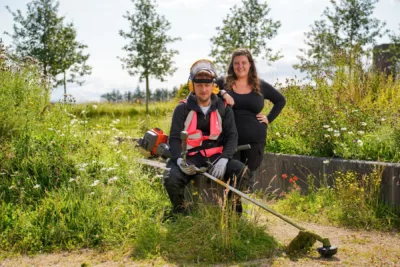
At Apex Scotland, our mission goes beyond providing services. We are committed to transforming lives by building deep, trusting relationships with those we serve.